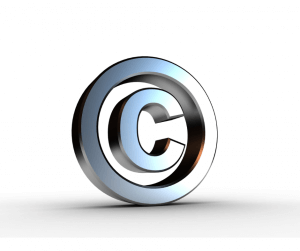
Editor’s Note: Originally published on Sep. 12 2019, last updated on Oct. 28, 2022.
‘Tis the season to suspend selling rights. There’s no greater threat to seller accounts than Amazon IP infringement. But as our eyes and ears in the business tell us, Amazon copyright infringement is still a mystery to some. So, let’s debunk the myths and throw in a few tips.
Copyright infringement on Amazon is no laughing matter. But there’s usually a workaround. Also, keeping on top of your complaints isn’t all that hard, thanks to the Product Policy Violations dashboard shown below. But nobody is born an expert in Amazon copyright infringement.
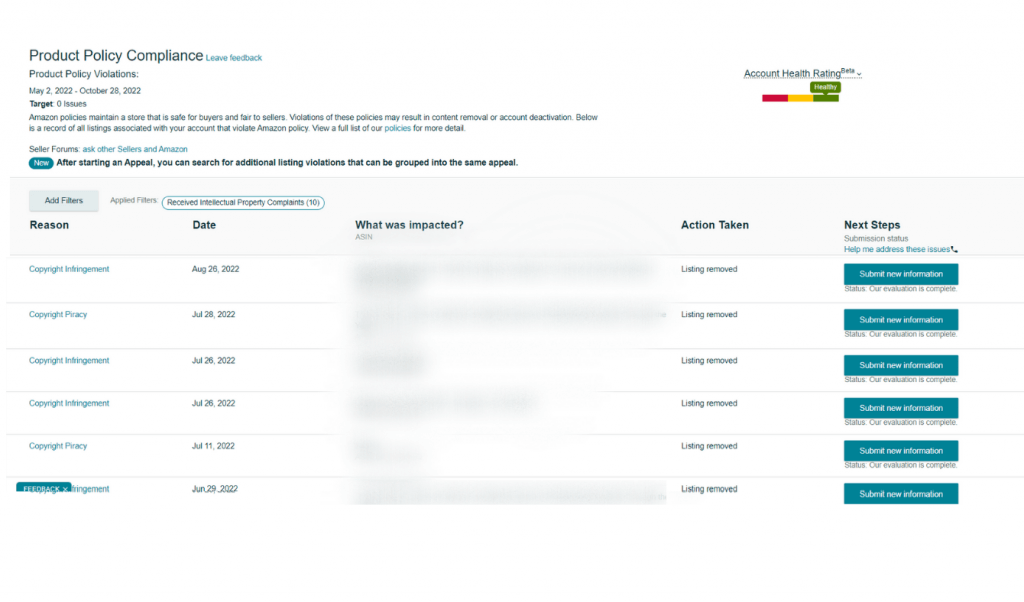
So, let’s have a look at Amazon IP infringement, and copyright issues in particular. With input from some of our clients and friends from the world of ecommerce, we’ve compiled a little cheat sheet for sellers who can’t wrap their heads around copyright.
Without going too much into detail, the list covers resale rights, restrictions, conditionProducts can only be listed on Amazon if… More notes, and other factors that influence the outcome of an Amazon copyright infringement complaint. But first, there is one important principle Amazon sellers should keep in mind.
First Sale Doctrine Dilemma
The first sale doctrine or exhaustion principle states that, from the moment the rights owner sells copyrighted work on the US market, buyers have the right to resell that item. According to the Criminal Resource Manual 1854, sellers are free to trade it without the owner’s permission.
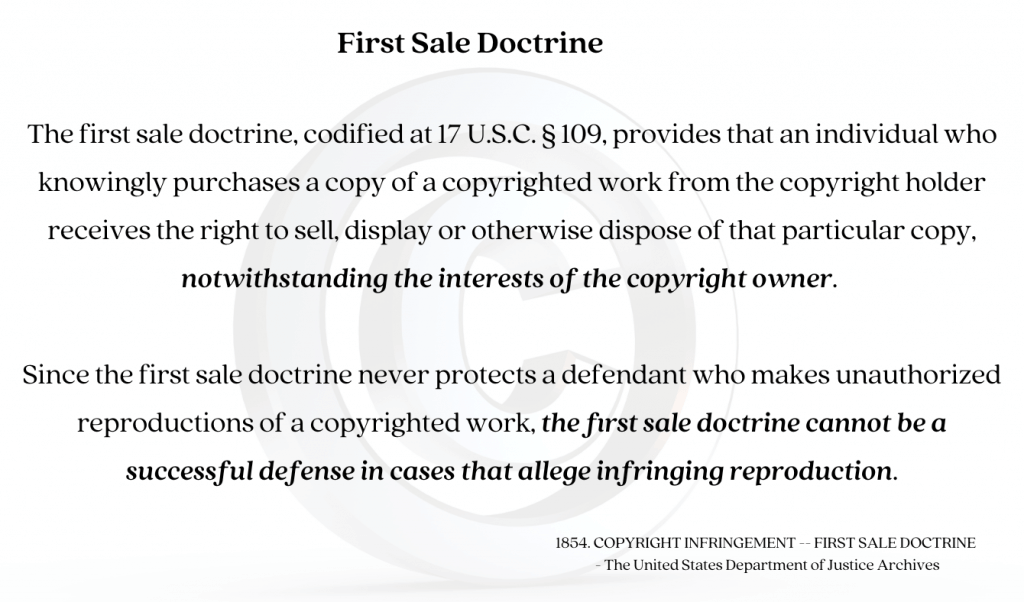
In line with Amazon Intellectual Property Policy, it’s usually allowed to sell genuine, lawfully purchased items, as long as you don’t use other sellers’ images or text in your listing. However, once the rights owner decides to report copyright infringement on Amazon, the tide turns.
Amazon will not resolve it based on the 1st sale rule. You need to prove to Amazon that you have permission to sell. You can do this either by showing acceptable invoices, a letter of authorization, a court order, or by convincing the owner to retract the claim using this link.
7 Tips on Amazon Copyright Infringement
1. Condition Conundrum
The idea that you can avoid IP infringement by listing an item as USED (e.g. Like New) instead of NEW is a myth. Amazon sends out infringement notifications regardless of condition. The Seller Forums are brimming with testimonies of complaints for used board games and books.
2. Parallel Import Problem
You can break the law if you sell an item in a country other than the one you bought it in. It doesn’t matter if it’s a new or used item, and showing your invoice won’t help if you can’t prove that you bought it locally, from a supplier authorized to sell it locally. Skim the snippet below and read up on Amazon Intellectual Property Policy.
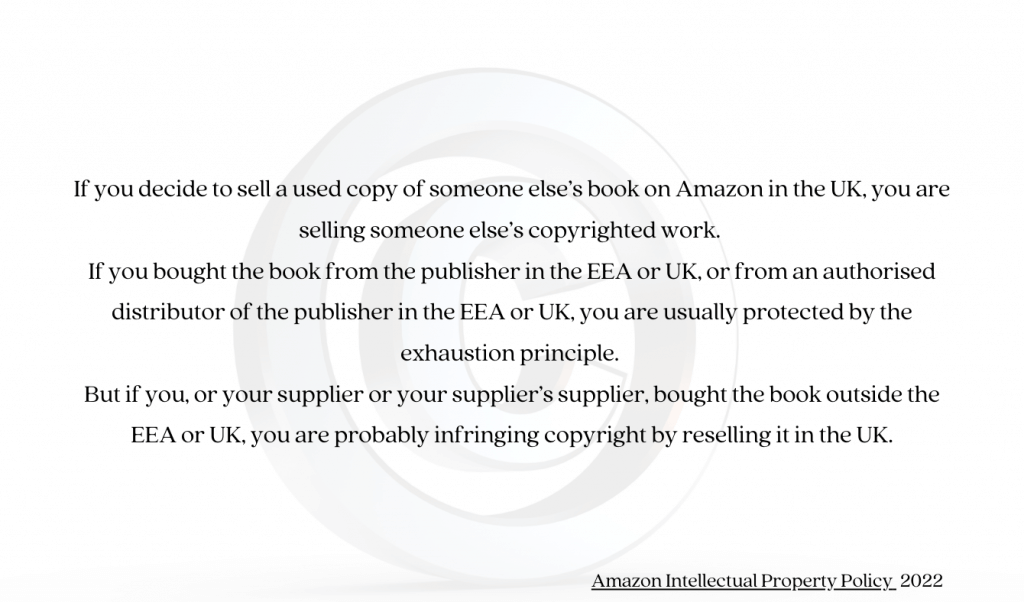
3. Sale Restrictions
Some complaints about restricted Selling certain product categorie… More items can point to IP infringement. Like, for instance, when items are restricted from sale in the USA. So, it pays to get restricted item feeds from your supplier, where available. For a small fee, they’ll keep your inventory clean.
4. Retrospective Reviews
Switching to a more reliable supplier doesn’t make you immune to suspensions. You can still get IP infringement notifications for items you used to sell. Even if you no longer list them. Amazon keeps a record of the listings, so when a complaint is made, your offer might come up.
That said, the Performance Team doesn’t process IP complaints for offers or sales older than 180 days. So, if it’s more than 6 months since you offered or sold a restricted Selling certain product categorie… More item or another type of unauthorized ASIN, it won’t feature in the Account HealthAccount Health is an Amazon page which c… More dashboard and you can’t be suspended for it. Think of it as a statute of limitations for Amazon sellers.
5. Complainant Information is Key
It’s not unusual for Amazon to dish out notifications with no contact information for the complainant. When Amazon withholds this information, the seller’s chances of reaching a resolution with the buyer or rights owner are minimal.
If this happens to you, there’s only one thing to do: contact the Notice Dispute team. Insist that they provide this information, as required by the Digital Millennium Copyright Act (DMCA) claim regulation and Amazon policy. But make it clear that you have sincere intentions.
6. Beware Lawyers and Solicitors
When a complaint comes from a legal representative, they have nothing to gain by dropping the case. After all, they charge for every interaction. But the person they’re representing may be more cooperative. So, before you write to the lawyers, look up the rights owner.
Even if the complainant agrees to retract the claim, you’re still not in the clear. Make sure that they send their letter to Amazon from the address used to file the complaint. And you should try to get confirmation from the Notice Dispute team, if Amazon didn’t send one by default.
7. Suspension = Lost Funds
When an account is suspended because of Amazon IP infringement complaints, all the funds in that account are withheld. Forever! So, try to disburse funds as often as you can and recover your hard-earned money in the event of unfounded claims or suspicions.
Of course, it’s not unusual for competitors to make false accusations, send vague cease and desist letters, or even make bogus infringement claims. Should this happen, your best bet is to report them to Amazon as soon as you’ve made your disbursements, and file a counter-notice.
That’s the scoop on Amazon copyright infringement. But feel free to share your thoughts and experiences as an Amazon seller below. If you’d like us to expand on the matter of Amazon IP infringement, or if it’s a totally different issue that keeps you up at night, let us know. We might just make it the topic of our next post!

Melanie takes an active interest in all things Amazon. She keeps an eye on the latest developments and keeps Amazon sellers up to speed.

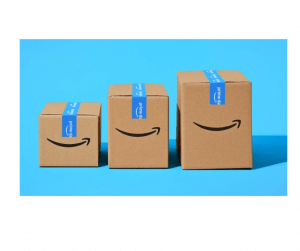




5 Responses
Hello – thanks for the information. Someone else copywrited my product. Amazon has suspended my product and continues to charge me astronomical storage fees. At this point, I’m uninterested in reactivating my listing and selling on Amazon, I simply want Amazon to send me my product. Amazon has been elusive and eluph. How can I get them to simply return my product?
Hello,
I’m very sorry to hear that this has happened. Unfortunately it’s a tactic that we’ve been seeing more of recently. We’d be happy to look into the situation for you and try to determine why Amazon won’t return the product. Please reach out to us at services@sellerengine.com and we will try to get to the bottom of it.
When I first started on amazon I naively copied and pasted a lot of listings, all that I can sell by rights, however, two listings that I uploaded someone had patented and put a complaint on me. My account has been suspended and they keep telling me I am not providing a good enough plan of action. My error is obviously my lack of knowledge to the industry and I carelessly uploaded something I shouldn’t have. I wasn’t generating any sales from that listing anyway! They have suspended my account and won’t give it back to me because my plan of action is too vague. No matter how much information I put in my plan of action they keep on rejecting it, even though each time I right my plan of action I am receiving advice from one of amazon help support team members. Any advice would be great.
Hello,
I’m sorry that you’re dealing with a frustrating suspension. We’d be happy to take a closer look at the issue, and let you know how we can help. Please email us at services@sellerengine.com so we can get more details from you. From there we will be able to determine the best path forward.
Our situation is much similar with Rajan, we started by listing some products form other sellers. After 2 weeks the account was suspended due to supposedly 3 counterfeit products on our listing, even though those items were never sold.
At this point after our 4th appeal we feel that we are stuck, since the amazon reply is just a copy of the original ban no matter how much information we describe in our plan of action.
Any advice would be great.